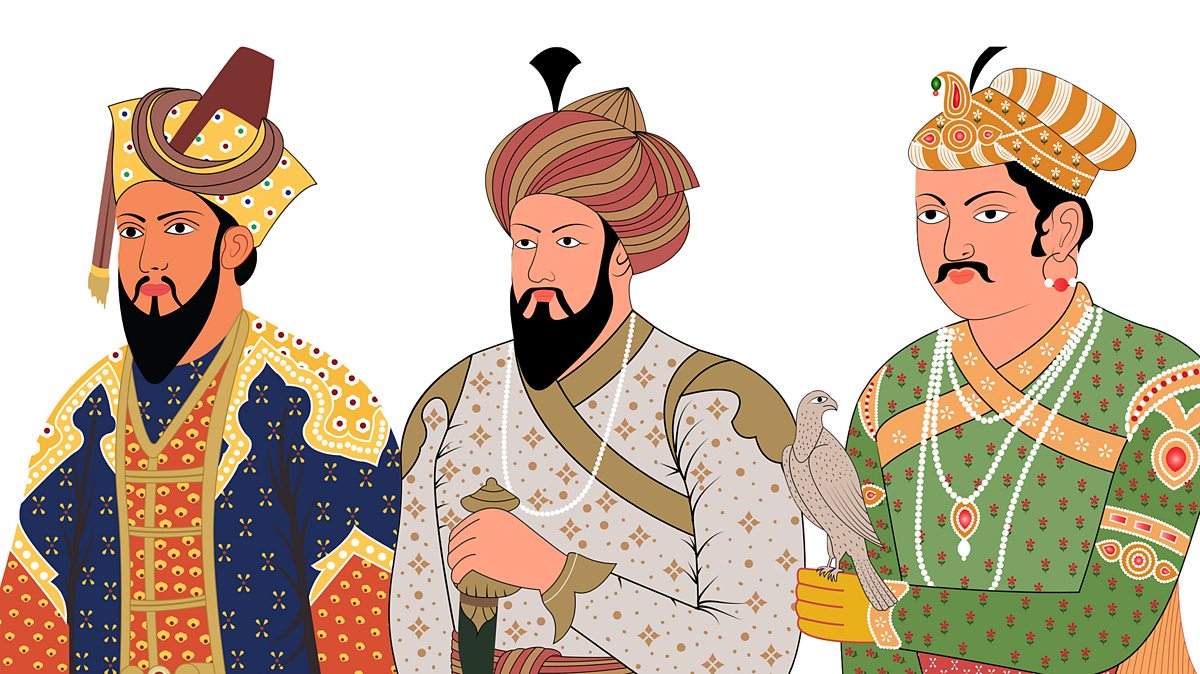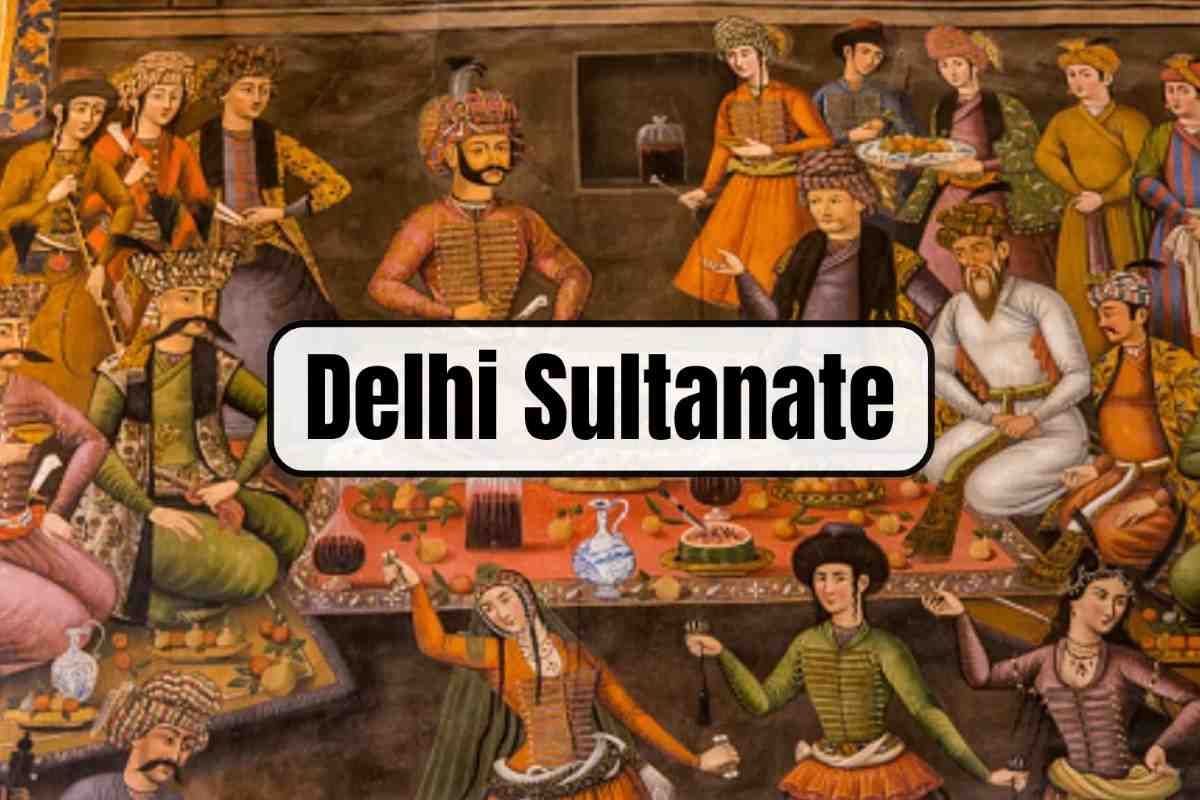Font size:
Print
India’s Place in Russia-Ukraine Peace-Making
Context:
Two years after distancing itself from the Russia-Ukraine war by stating that “Europe’s problems are not the world’s problems,” India is now speculated to be positioning itself as a potential mediator in resolving the conflict.
More on News:
- Prime Minister Narendra Modi’s visits to Moscow and Kyiv, a possible meeting with Ukrainian President Volodymyr Zelenskyy at the United Nations, and talks with Russian President Vladimir Putin at the upcoming BRICS Summit suggest a shift in India’s stance.
- Additionally, recent diplomatic engagements by National Security Adviser Ajit Doval and External Affairs Minister S. Jaishankar signals India’s increasing involvement.
- Mr. Modi’s phone call to brief U.S. President Joseph Biden after his Ukraine visit, and Mr. Doval’s briefing of President Putin in St. Petersburg, indicate that India is engaging with all sides.
India’s Role:
India holds several advantages in positioning itself as a mediator in the Russia-Ukraine conflict:
- Neutral Honest Broker: It is one of the few nations engaging with both sides of the geopolitical divide—the West and the Eurasian leadership.
- India’s long standing principles of non-alignment and strategic autonomy, demonstrated by its abstention from UN votes and refusal to support Western sanctions, bolster its image as a neutral “honest broker.”
- Voice of Global South: India’s role as a key voice for the Global South was evident during its G-20 presidency, where the focus was placed on issues such as energy and food security, rather than the war itself.
- India’s increased intake of Russian oil, leading to a six-fold rise in bilateral trade, has been framed as a stance of principle rather than profit-driven.
- Building a Global Legacy: In his third term, Prime Minister Narendra Modi may aspire to build a global legacy, much like India’s first Prime Minister, Jawaharlal Nehru, who mediated between the USSR and Austria and led international efforts on wars in Korea, Vietnam, and Cambodia.
- If India takes on a similar role, the government will need a comprehensive understanding of the conflict in Ukraine.
- Russian troops have held about a sixth of Ukrainian territory for over two years, while Ukrainian forces continue to defend their positions. A shift in this stalemate would likely require a major escalation.
- President Zelenskyy’s recent incursion into Russian territory in Kursk was likely intended as a bargaining tool for future negotiations. As he heads to the United Nations, Zelenskyy is seeking Western approval for long-range Storm Shadow missiles and Army Tactical Missile Systems (ATACM) to launch deeper airstrikes into Russia, which he believes is receiving arms from Iran and North Korea. President Putin has warned that if the West grants these requests, it would mark a direct war between NATO and Russia. Another potential turning point could come from the U.S. elections in November—if Donald Trump wins, U.S. support for Ukraine may diminish, which would be favourable to Putin but concerning for Ukraine and Europe. A victory for Vice-President Kamala Harris, however, would likely signal continued U.S. support.
- Own Proposal: New Delhi would also need to present its own proposal for conflict resolution or de-escalation, considering the existing proposals that have already been rejected by either Russia or Ukraine.
- Both President Putin and President Zelenskyy have dismissed each other’s plans, which involve territorial concessions.
- President Putin also rejected the Bürgenstock Communiqué, which India distanced itself from, that addressed nuclear safety, humanitarian access, and prisoner exchanges.
- Recently, President Zelenskyy rejected the Brazil-China joint six-point proposal, which also focused on similar measures for de-escalation.
- While China has brokered successful agreements between Iran and Saudi Arabia and Hamas and Fatah, and Hungary has also offered a ceasefire proposal, Ukraine has turned down these efforts.
- Detailed Plan: The External Affairs Minister S. Jaishankar outlined four key principles: this is not the era of war, solutions won’t be found on the battlefield, Russia must be part of the dialogue, and India is actively engaged in seeking a resolution.
- However, while these are important points, they do not constitute a concrete proposal, and India would need to formulate a more detailed plan for peace.
- Specific Role: The next step for India would be to determine its specific role.
- During talks, President Zelenskyy told Prime Minister Modi that India is too significant a nation to act merely as a “messenger” between Moscow and Kyiv, and recent prisoner exchanges indicate that communication channels already exist.
- A larger role could involve India serving as a mediator or even hosting a summit between the two parties.
- However, given India’s withdrawal from the Swiss Peace Summit outcome, this task might be better suited to one of the Gulf Cooperation Council nations involved in the process so far.
Challenges:
- Internal Conflicts: Amid internal conflicts such as the situation in Manipur, efforts to boost the economy through international engagement, regional instability, and numerous other pressing issues, the government may justifiably question the necessity of allocating resources to the Russia-Ukraine conflict.
- External Situations: When civilian casualties from Israel’s bombardment of Gaza and the civil war in Sudan far exceed the estimated non-military casualties in Ukraine, India’s choice of conflicts to engage in raises significant concerns.
- Pull and Push Factors: Ultimately, the balance of various pull and push factors will determine how far New Delhi is willing to act as a peacemaker in a conflict that has consumed Europe and the U.S. for over 30 months.



